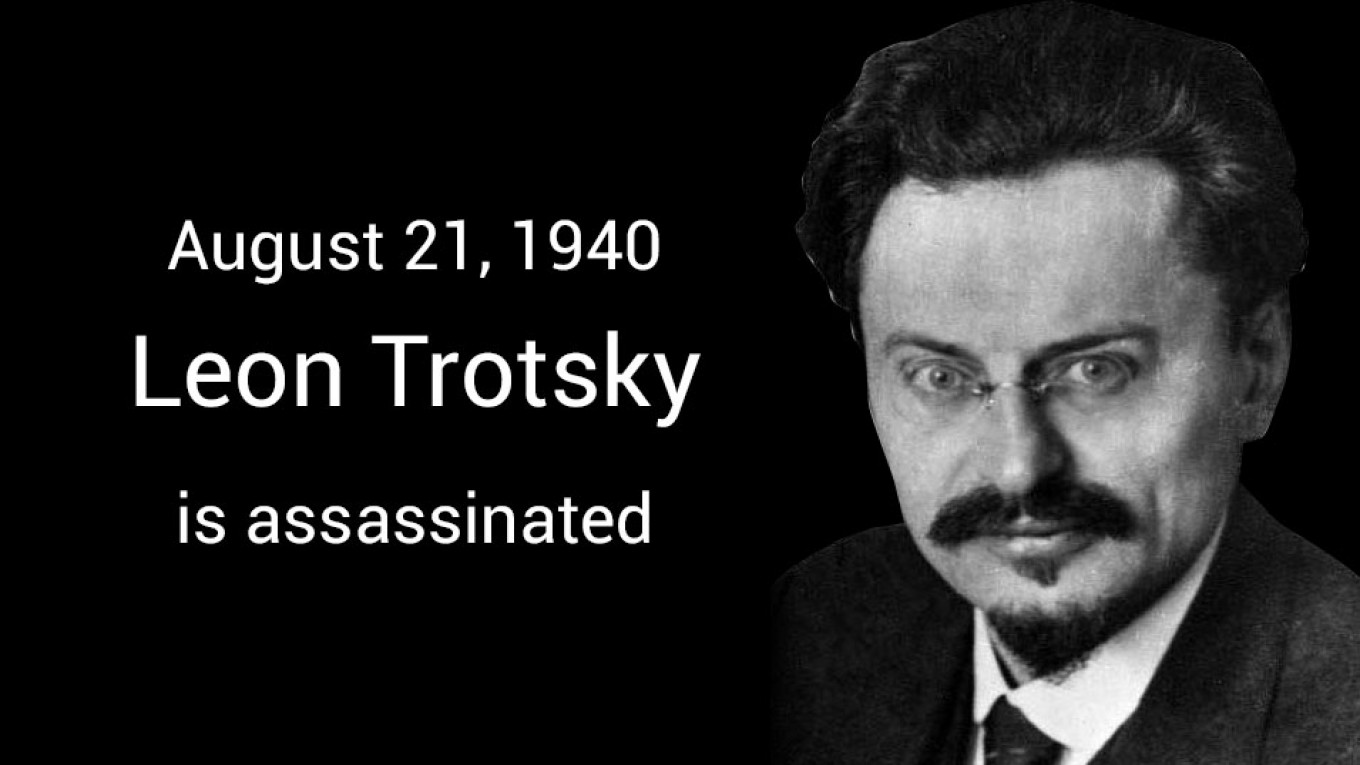
Born Lev Davidovich Bronshtein in 1879, Leon Trotsky was the fifth child in a Ukrainian-Jewish family. His family had a successful farm in what is now Bereslavka, Ukraine, which was home to a large Jewish community.
At home, Trotsky spoke a mix of Russian and Ukrainian, though he was also fluent in French, English and German. In 1896, a teenage Trotsky would move to a coastal Ukranian town (now Mykolaiv) and here he became involved in revolutionary activities.
In 1898, he along with 200 others would be arrested; he was held in jail for the next two years. It was here that he read Lenin’s “The Development of Capitalism in Russia” and met with other revolutionaries.
In 1902, Trotsky escaped from exile in Siberia (hidden in a load of hay, as these things go) and made tracks for London. It was here where the 23-year-old Trotsky teamed up with other editors of “Iskra,” including Vladimir Lenin. He became one of the newspaper’s leading writers under the pen name “Pero” – it was also around this time he began using the name Trotsky.
As revolutionary disturbance broke out in 1905, Trotsky returned to Russia. Here he joined the St. Petersburg Soviet Council of Workers’ Deputies and would act as a leading spokesperson for the group’s strikes and acts of defiance. For his defiance of the tsarist government, Trotsky was jailed and brought to trial. During this time he wrote “Results and Prospects,” which would become one of his major works.
Exiled to Siberia once again, Trotsky escaped (again), this time heading for Vienna. Here, he made a living as a correspondent covering the Balkan Wars (1912-1913). He later moved to Switzerland, and then to Paris, before heading to New York City in 1917. Here he joined Bolshevik Nikolay Bukharin to edit the Russian-language Novy Mir (New World) paper.
By mid-May Trotsky had returned to Petrograd (now St. Petersburg) and following an uprising was arrested during a crackdown on Bolshevik leadership. In jail, he formally joined the Bolsheviks and was subsequently elected to the Bolshevik Central Committee. In 1918, Trotsky was tasked with building a new Red Army and to defend the then communist government from civil war or foreign intervention.
After a power struggle and changing relations between Trotsky, Stalin and Lenin, Stalin used Lenin’s stroke (which left him unable to speak) and subsequent death to push Trotsky out of power. In 1927 Trotsky was thrown out of the party. In February 1929, he was banished forever from the Soviet Union.
Trotsky settled in Mexico in 1936. In 1940, an assassin named Ramon Mercader (known to Trotsky as Frank Jackson) stabbed Trotsky with an ice pick under Stalin’s orders. Mercader was nearly beaten to death by bodyguards, but Trotsky, who died the next day in hospital, ordered them to stop, saying, “Don’t kill him. He must talk!” His killer would spend the next two decades in prison, during which time Stalin presented Mercader with an Order of Lenin.






